Takin’ STEM to the Streets
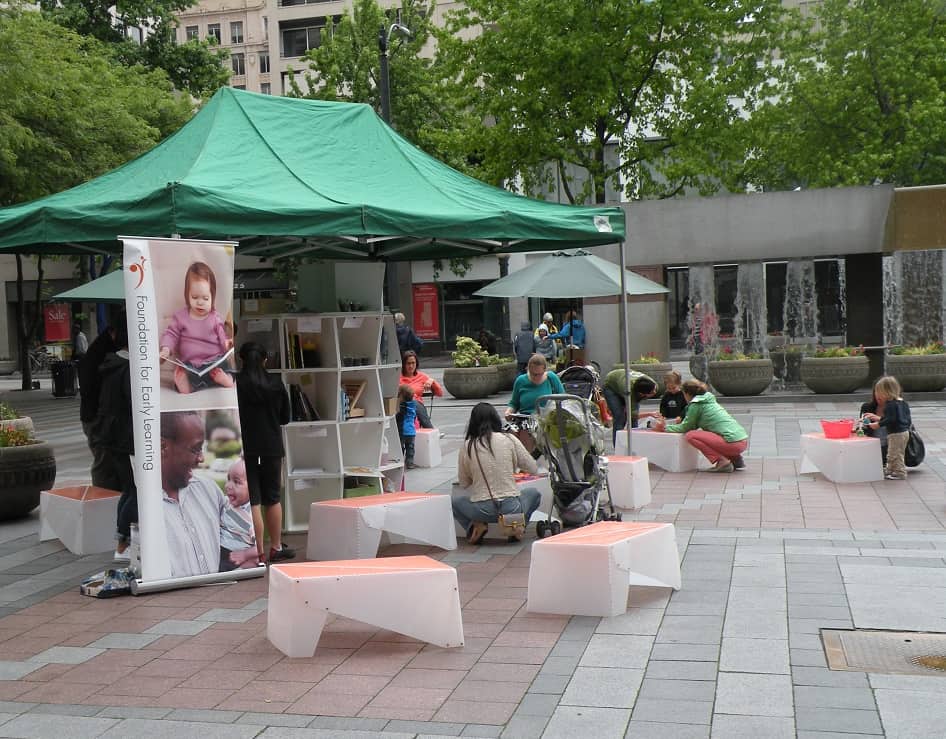
This month, I’m exploring alternate models of access to informal STEM (Science, Technology, Engineering, & Math) learning. Previous posts have discussed the topic generally, and MOOCs in particular. This week, I revisit the portable reading room model of the Uni Project.
What if, instead of going to the science museum, the science museum came to you? (Or at least, to a public library or a park near you?)
Last Sunday, I helped the Foundation for Early Learning in Seattle launch their portable STEM museum/reading room prototype (a spinoff of the Uni Project from New York). Aimed at kids zero to five years old, the FEL Uni is a collection of STEM-related books and hands-on activities that fill a small portable shelf system. The whole thing fits into a truck and can be set up in almost any public space. Our maiden voyage: Westlake Plaza in downtown Seattle, nestled among the department stores and high rises.
Despite a gray day, setting up the Uni drew attention from passers-by. As soon as we finished filling the shelves and stepped back, a half dozen parents and kids did just what we hoped people would do: walked up, chose an activity, and made use of nearby benches to try it out. Some activities were a near-instant hit. Others were arguably a complete flop. At this point, we are probably learning more than our visitors – about what works and what doesn’t with this model of access.
 Sunday morning, unloading boxes filled with books and STEM activities, we weren’t entirely sure what to expect. The Uni Project in New York has been a success, but they focus on books. I had prototyped a single hands-on science activity for their reading room, with mixed results. With that in mind, we identified hands-on activities that could be easily adapted to our “shoebox” format. These activities not only needed to fit in a shoebox; they also needed to be easy to set up and finish in 10 minutes or less without a museum educator to help.
Sunday morning, unloading boxes filled with books and STEM activities, we weren’t entirely sure what to expect. The Uni Project in New York has been a success, but they focus on books. I had prototyped a single hands-on science activity for their reading room, with mixed results. With that in mind, we identified hands-on activities that could be easily adapted to our “shoebox” format. These activities not only needed to fit in a shoebox; they also needed to be easy to set up and finish in 10 minutes or less without a museum educator to help.
We ended up with about 30 activities ranging from nature themed felt boards and musical bells to “dino dig” boxes and mini science experiments built with balloons and straws. We’re collecting feedback from visitors and have an entire summer of appearances left to make (and data to gather!) but some things were immediately obvious: self-explanatory activities like the dino dig boxes and the “balance-the-bears” see-saw were more popular than activities that were more abstract or less visually appealing (such as the pictures of animal teeth that could be matched with the food they eat) and parents needed more instructions than were included on our activity labels – but more importantly, I saw kids and parents having fun together, talking about everything from bubbles to finding the center of gravity.
The FEL Uni’s next scheduled stop will be at the Bellingham Public Library in Bellingham, Washington on July 13th.
Disclaimer: The author is involved with the Foundation for Early Learning and the FEL Uni.



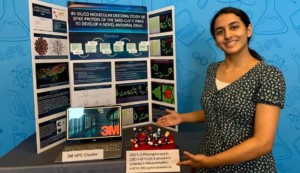
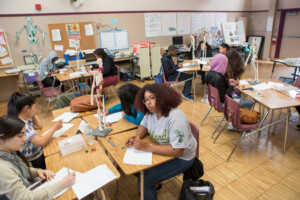
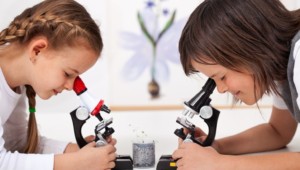
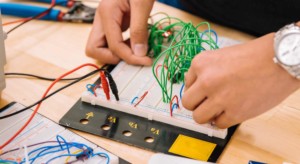
0 Comments
Leave a Comment
Your email address will not be published. All fields are required.